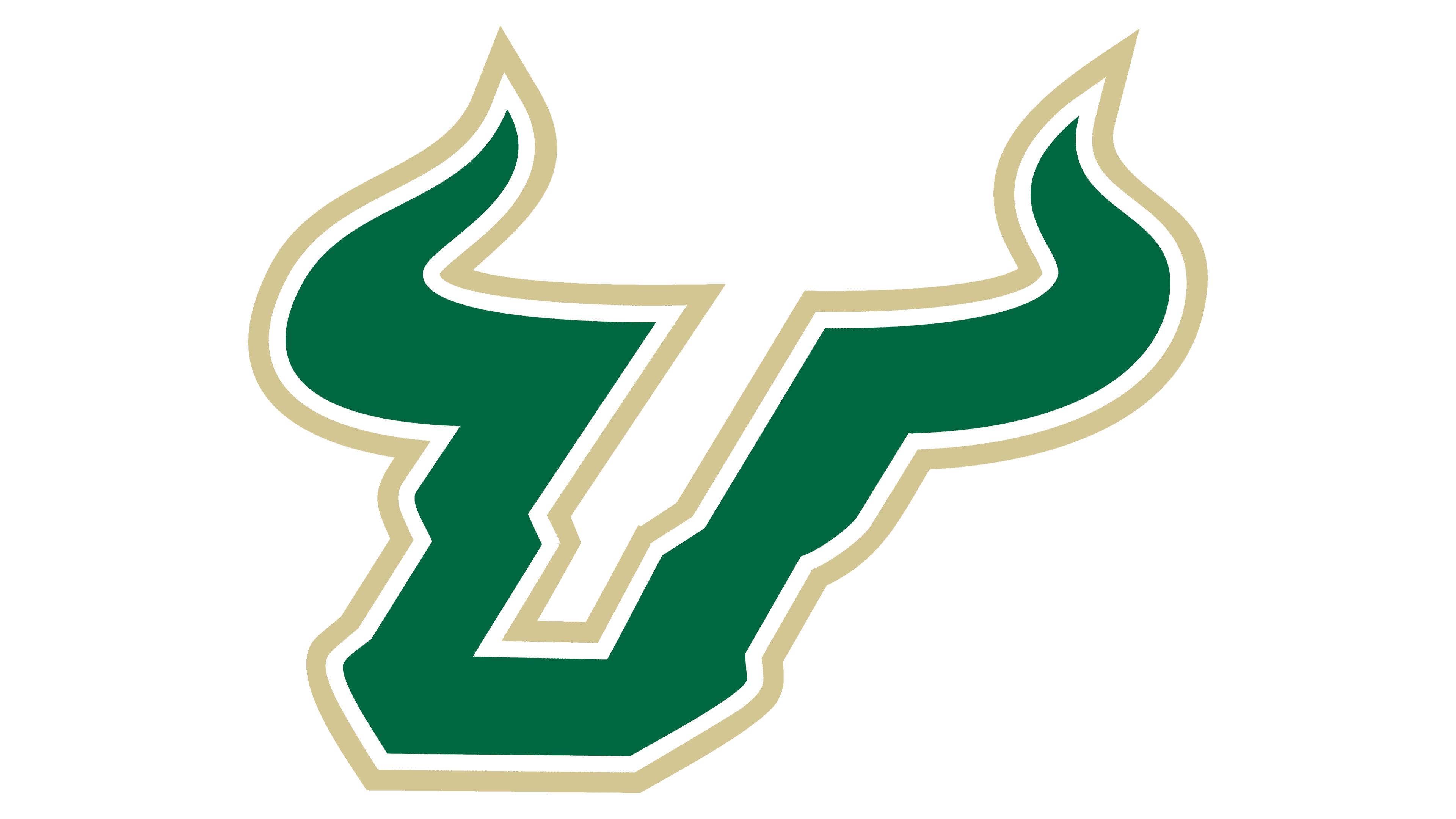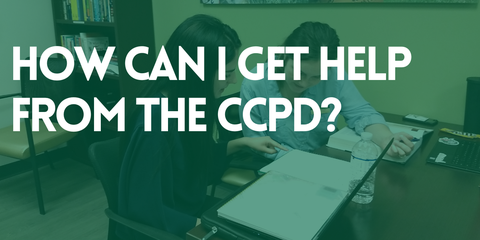CAREER DEVELOPMENT CYCLE
Career development is a process that happens across a lifespan. It is a 5-step process that often repeats itself as we constantly assess ourselves and our happiness then make changes and adjustments based on our own self-assessments or life circumstances.
STEP 1 – SELF-DISCOVERY
Discover your interests, skills, values and personality. The more you understand about yourself, the clearer your life goals and the way to reach them will become. Reflect on what would make you satisfied in a job.
GOALS:
- Identify your skills, interests, values, and personality.
- Learn to discuss them with others.
- Understand how each of these (skills, interests, values, personality) can intersect with career goals.
STEPS:
- Take self-assessments to better understand who you are and explore based off the results (see below)
- Explore majors offered at USF. Speak with faculty, advisors, and career coaches to learn more about which programs and majors interest you.
- Get involved with student groups and professional organizations to learn more about what interests you and how you like to engage those interests.
- Reflect on your experiences to identify interests, skills, and values. Consider coursework, activities, and hobbies as well as jobs or internships.
- Make an appointment with a Career Coach for help with your exploration.
WHAT IS A SELF-ASSESSMENT?
Self-assessment is a critical first step in choosing a career. Taking time to reflect on your interests, skills, and work values will help you find a good match with careers that use those traits. The results are just one piece of information you can use when making a career choice. Remember these are not tests and there are no right or wrong answers. The best way to take many career assessments is to not think too hard and go with your gut.
ASSESSMENTS AVAILABLE THROUGH THE CENTER FOR CAREER & PROFESSIONAL DEVELOPMENT
Focus 2 is a self-guided career, major, & education planning system that will help you make an informed decision. Use this tool as an ongoing resource throughout your academic years and as an alumnus.
Brief assessment that identifies your interests and will help you explore majors and careers based on your interests.
Additional assessments may be available on each campus. Meet with a Career Coach to learn more.
ADDITIONAL ONLINE ASSESSMENT TOOLS
STEP 2 – CAREER EXPLORATION
Gather information and explore majors and career options. Make a list of the career options and occupations that interest you. Research the type of work, tasks, education, salary, etc. for each job.
GOALS:
- Research fields and career paths that align with your interests, values, personality, and skills using the Career Pathways section of this site
- Develop a short list; we suggest 3 to 6 careers, industries, job titles, or organizations.
STEPS:
- Use online tools (available in Career Resources below) to learn more about career options, employers, and entry-level roles.
- Conduct informational interviews with alumni and others in your network to learn from an insider.
STEP 3 – DECISION MAKING
Evaluate your research and make your ‘major’ decision. Talk with an adviser or career coach who can help you evaluate the information you have collected, suggest additional resources, and guide you through the decision-making process.
GOALS:
- Evaluate your options as you learn about any education or skill requirements for each field or career path.
- Identify ways you can gain relevant first-hand experience. This can include internships, volunteer work, part-time jobs, research projects, experiential courses, and more.
STEPS:
- As you narrow your list of careers, identify potential majors that will help you reach these goals.
- Set up (or update) your profiles on LinkedIn to explore career paths you’re interested in and to build your professional network.
- If additional education is an interest or goal, research degree programs and identify faculty you can speak with about the field.
- Speak with advisors to determine course progression based on the major selected.
STEP 4 – CAREER PLANNING
Develop and career action plan by creating goals and plans to gain the necessary knowledge, skills, and experiences to obtain your dream job.
GOALS:
- Gain experience and try out career interests through coursework, on-campus activities, study abroad, volunteering, internships or jobs, and more. As you gain experience, reflect on them to refine your career goals.
- Learn how to target a resume and cover letter to a specific position. Highlight your skills and career readiness competencies.
- Develop and practice an elevator pitch, so you are prepared for any professional introduction.
- Identify skills needed for a career path of interest. Start building those skills while still a student.
STEPS:
- Meet with a career coach to develop and individualized action plan based on your unique career goals.
- Develop a base resume and cover letter for each type of role. Remember to customize both your resume and cover letter before applying to a specific position.
- Attend employer events, including information sessions, meet and greets, and career fairs. If interested in the organization or a role, speak with the recruiter to build a personal connection.
- Build your professional network, including friends, family, faculty, mentors, supervisors, coaches, and other connections. Identify 3 to 5 professional references and ask if they would be able to provide a strong recommendation for you.
- Utilize tools and platforms available through the Center for Career & Professional Development. To build and market your experiences effectively.
STEP 5 – MAKE IT HAPPEN
Building on everything that has come before, take action to achieve your goals after graduating USF. For you this may be a first full-time job, graduate /professional school, fellowship programs, or even taking a gap year. Whatever your goals, we can help with how to get from here to there.
GOALS:
- Take action toward post-graduation plans. Apply for jobs, graduate school programs, fellowships and service opportunities, or other alternatives.
- Be prepared for interviews. Be able to speak to your interests, skills, and experience, focusing on the relevance for the position or program.
- Have a plan of action for negotiations. Research location-based salary needs to help you identify a target salary range. Make a list of other benefits you want or need, from professional development to health insurance.
STEPS:
- Attend career fairs and employer events to connect with employers actively recruiting USF students and alumni.
- For post-graduation alternatives, make a list of everything you want to achieve. This can include personal or professional goals as well as skills, experiences, or activities.
- Expand your network, including by connecting with the USF Alumni Association and professional associations in your field. Add connections on LinkedIn and join groups of interest. Utilize your professional network to learn about positions that are not publicly posted.
- Use resources below and meet, attend workshops, and allow the CCPD to help you in your process.




